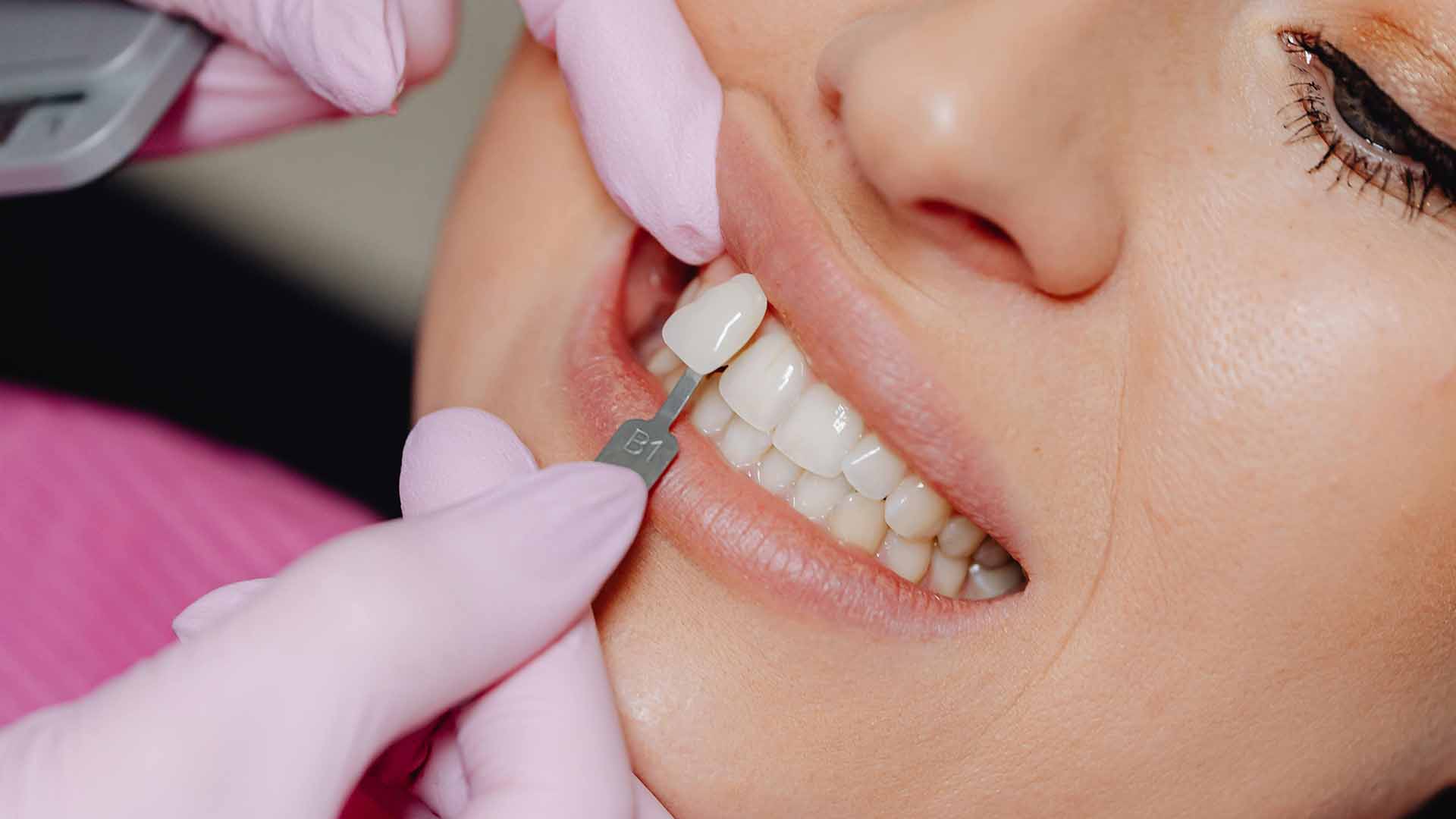Teeth whitening is one of the most popular cosmetic dental procedures, promising a brighter smile and a boost in confidence. However, many people are concerned about the potential costs, especially when it comes to covering the treatment with insurance. This article explores how much you can expect to pay for teeth whitening at a dentist, with and without insurance, and what you should consider when deciding on professional whitening.
Average Cost of Teeth Whitening at the Dentist
The cost of professional teeth whitening varies depending on factors like geographic location, the type of whitening treatment, and the specific dentist’s fees. Here’s a general breakdown:
- In-Office Teeth Whitening: This is the most effective and immediate way to whiten teeth, offering visible results in just one visit. On average, in-office teeth whitening ranges between $300 to $1,000.
- Custom Take-Home Kits from Dentist: Some dental offices provide patients with take-home whitening kits, which are customized to the patient’s teeth. These kits cost between $200 and $400 and allow for gradual whitening over weeks.
- Laser Whitening: Laser whitening is a high-end option that offers long-lasting results but comes with a premium cost, ranging from $600 to $1,500 per session.
These prices are the standard without any insurance coverage. Let’s dive into how insurance plays a role in covering these costs.
Does Dental Insurance Cover Teeth Whitening?
Unfortunately, teeth whitening is generally classified as a cosmetic procedure, which means it’s usually not covered by most dental insurance plans. Insurance companies view teeth whitening as a non-essential treatment, meaning it does not impact your oral health and, therefore, isn’t typically eligible for insurance coverage.
However, some dental plans do offer discounts on cosmetic treatments. Here are a few options to explore:
- Discount Plans: Some insurers offer add-on discount plans for cosmetic services, which can reduce the overall cost of treatments like teeth whitening. For example, a discount plan might reduce a $600 in-office whitening treatment by 10% to 20%.
- Flexible Spending Accounts (FSA) or Health Savings Accounts (HSA): These accounts, often provided by employers, allow you to set aside pre-tax dollars for medical expenses. While FSA or HSA funds cannot directly cover cosmetic treatments, they might reduce your overall tax burden, indirectly saving you money on teeth whitening.
How to Determine the Cost of Teeth Whitening with Your Dentist
Before proceeding with teeth whitening, consult your dentist for a detailed breakdown of costs and ask if they offer any in-house discounts or financing plans. Here are questions to consider:
- Does the dentist offer payment plans? Many dentists offer flexible payment plans to make cosmetic treatments more affordable.
- Are there promotions or discounts available? Dental offices sometimes have special offers for new patients or periodic promotions on cosmetic treatments.
- Does my insurance plan offer a discount program? Some insurers have affiliated discount plans that might help reduce out-of-pocket costs for teeth whitening.
Comparing the Costs of At-Home Whitening vs. Professional Teeth Whitening
While at-home whitening kits are less expensive than professional treatments, they don’t achieve the same level of brightness and often require longer use to see significant results. Here’s a quick comparison:
- Professional Whitening: Immediate results, long-lasting, done under dental supervision for optimal safety and efficacy.
- At-Home Whitening Kits: Affordable (typically $20-$100), less immediate and dramatic results, no dental supervision.
Professional whitening offers a safer, faster, and often more effective outcome, making it worth the higher cost for many.
Is Teeth Whitening Worth the Investment?
When considering teeth whitening at a dentist, it’s essential to weigh the long-term benefits, including improved appearance, higher confidence, and potentially better social interactions. Although most insurance plans won’t cover the cost, the outcome of professional whitening often justifies the investment for those looking to make a lasting change.
Final Thoughts on the Cost of Teeth Whitening at the Dentist with Insurance
While dental insurance typically doesn’t cover teeth whitening as it is seen as a cosmetic procedure, several options can help reduce costs. By checking for any potential discounts, exploring FSA/HSA accounts, and discussing payment plans with your dentist, you can make teeth whitening a more affordable goal. Always consult your dental provider to get a clear understanding of pricing and any potential savings.

